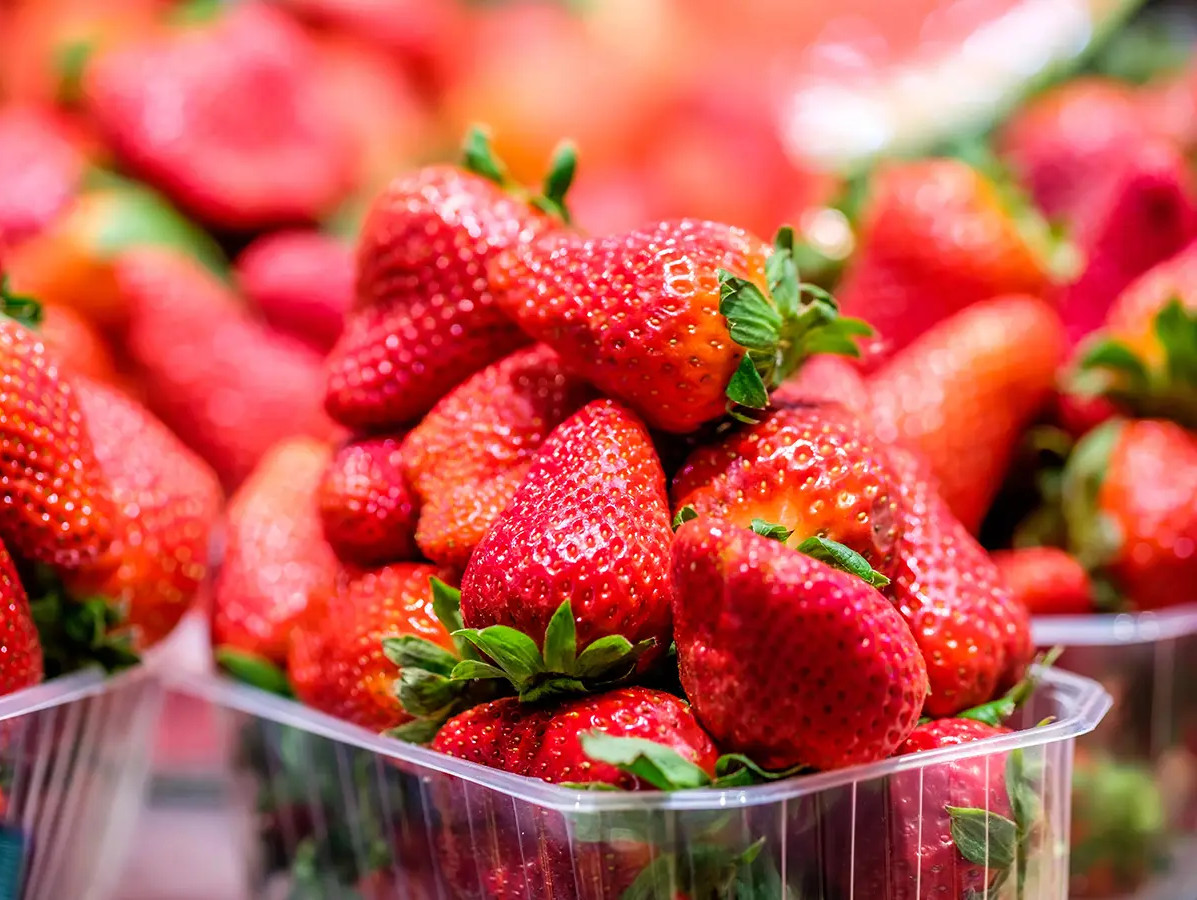
The summer season has begun, and strawberries, raspberries, and peaches are back on the shelves. Yet the same questions return each year: is this fruit safe to eat, and does rinsing it help? Social media is full of lists showing which residues are present, along with tips such as washing fruit with baking soda. But according to toxicologist Paul Scheepers (Radboud University Nijmegen), this has little impact. “Residues don’t wash off easily with water,” he says. “Peeling is more effective, but that’s difficult with soft fruits.”
Residues—traces of pesticides—on fruit and vegetables are generally considered safe. Still, Scheepers adds some important caveats. “We still know very little about the cocktail effect of multiple residues present on the same product,” he explains. The long-term impact of repeated exposure is also not well understood. He is particularly concerned about insecticides: “There is growing evidence that insecticides may affect early brain development.” For babies and young children, organic produce is therefore the safer choice.
This summer, the Biowinkelvereniging is placing extra emphasis on organic soft fruit. The campaign highlights the importance of an assortment that is at least 90% organic. Scheepers recommends buying organic, as no synthetic chemical agents are used, and even the seeds are organic. Growing soft fruit at home is another good option, he adds: “With organic plants and compost, you can be sure there are no residues in the fruit.”
Source: Biowinkelvereniging